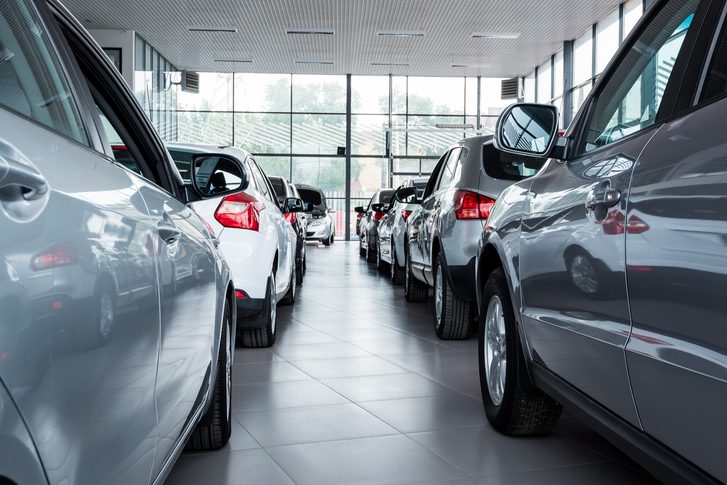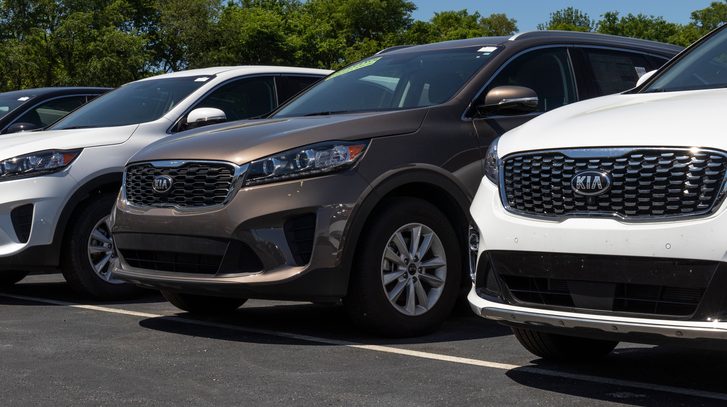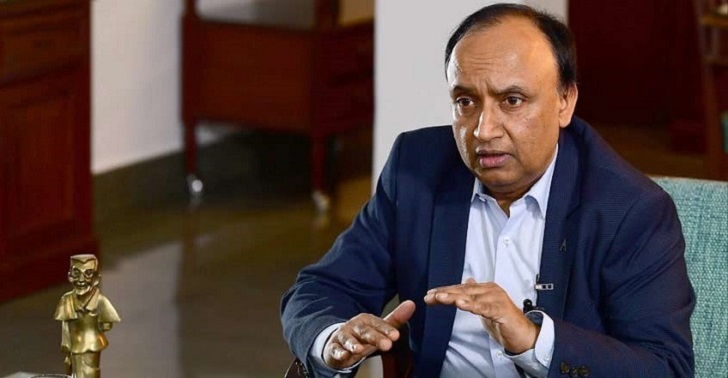While the automotive industry has been flourishing elsewhere in the world, the same cannot be said for the industry in India.
The country must be hoping for the best in 2020, but the just concluded 2019 has got to be the year to forget where motor vehicle sales are concerned.
In more than two decades, SUV and car sales in the South Asian country registered the biggest dip ever, one large enough that it couldn’t be ignored.

Such free fall in any industry is telling of hard times in the sector and the country at large and, interestingly, players in the auto industry were not to blame.
In fact, motor vehicle dealers offered heavy discounts to boost sales, but not even this incentive worked. It makes you wonder just how tough times are in the Indian economy, doesn’t it?
Economic Crisis
Truth be told, India is facing one of the country’s worst economic crises, and needless to say, this isn’t an enabling business environment.
The automotive market is just but one of the many casualties of the economic slowdown, but given just how much revenue the industry raises, its potential collapse may just be the worst thing that could happen to India’s GDP.
Despite the entry of new brands in the market such as MG and Kia Motors, the industry was on a downward trajectory all year.

Individually, this was not the case for these two newcomers as they both managed strong openings. However, so poor was the performance in all other motor vehicle brands that these sales did nothing to boost the overall industry numbers.
Since 2017, the sale of passenger vehicles in India has always hit the 3-million mark. In the country, “passenger vehicle” is the cumulative term for SUVs, vans, and cars.
In 2019 though, the sale of these vehicles fell significantly short of the assumed target. Leading the pack in terms of declined sales were the top brands Toyota, Honda, Tata Motors, Mahindra & Mahindra, Hyundai, and Maruti Suzuki.
Where It All Began
According to analysts, the huge decline can be traced back to mid-2018. Although car sale numbers were impressive by the end of that year, fewer cars had been purchased in the second part of the year, a pattern that progressed into the following year.
2019 brought many political tensions with it thanks to the general elections scheduled for April and May that year, an eventuality that did nothing for the country’s economic growth.
Unemployment rates across the country increased, and with no source of income, where was the country’s citizenry to source for funds for extravagant purchases such as motor vehicles?
Extravagant? Yes, because for someone struggling to make ends meet, a car is a luxury, not a basic human want.
Maruti Suzuki’s marketing and sales director Shashank Srivastava admits that 2019 was really not the year his company would have wished for, but they don’t want to be stuck in the past.
He says that they are now looking towards a better 2020, although they are just but cautiously optimistic.

Given the dire circumstances though, Maruti Suzuki did well. The company maintained its 50% market share, but its value is significantly lower than what it was in 2017.

